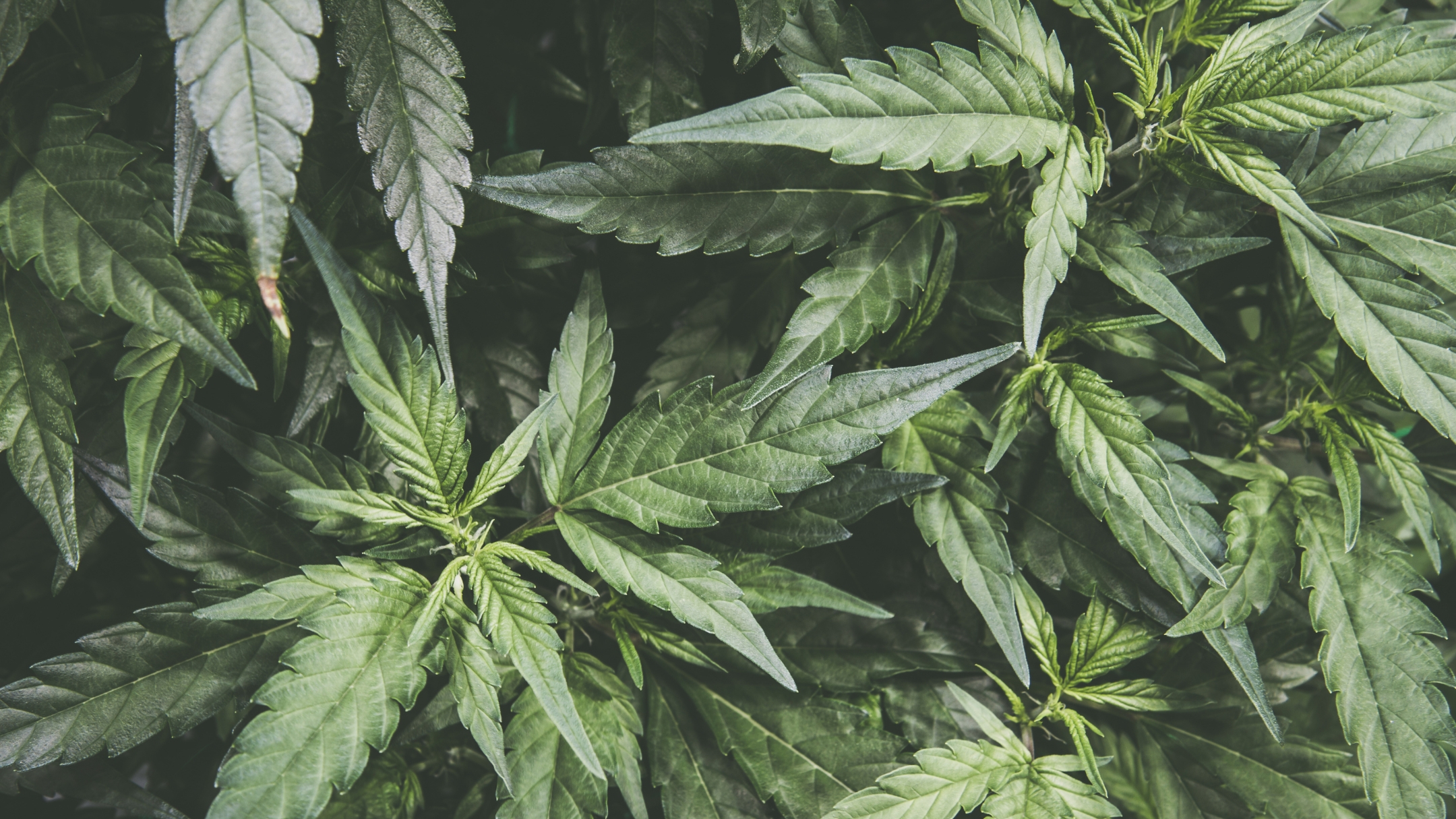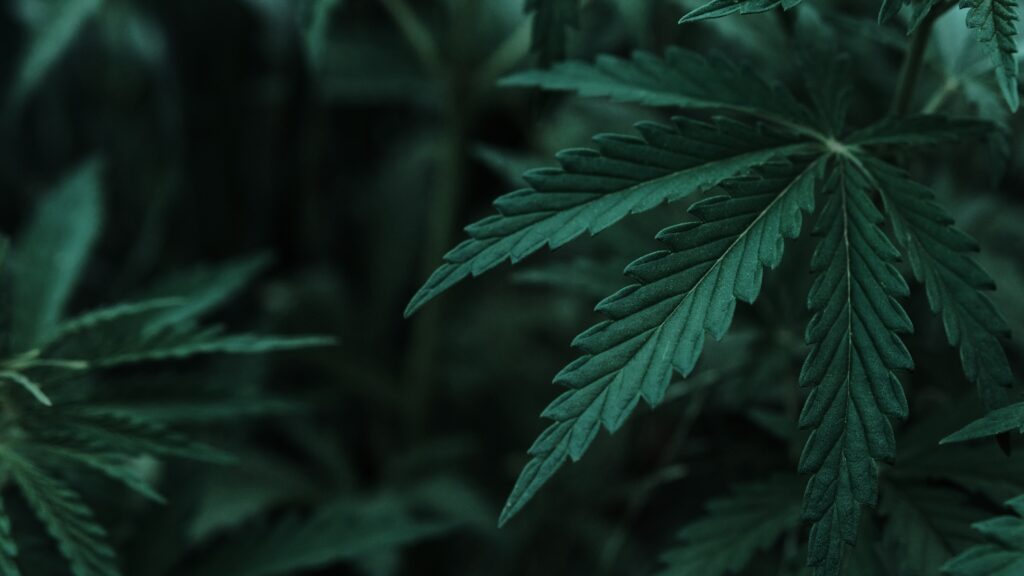Minnesota‘s Governor, Tim Walz, suggested that tribal governments might precede private businesses in the sale of adult-use marijuana within the state’s jurisdiction. Although the Office of Cannabis Management (OCM) is expected to require over a year to begin licensing traditional cannabis stores following the legalization bill signed last week, tribal entities may start operations earlier.
During a tour of a facility run by the White Earth Nation band, the governor was impressed with the operation, indicating that tribal governments are well prepared to start selling cannabis products to adult consumers.
Native American Nations of Minnesota
Minnesota is home to 11 Native American nations, each with its distinct culture, history, and government. These nations include seven Ojibwe (Anishinaabe) tribes, namely Bois Forte Band, Fond du Lac Band, Grand Portage Band, Leech Lake Band, Mille Lacs Band, White Earth Nation, and Red Lake Nation. The state also houses four Dakota (Sioux) communities – Shakopee Mdewakanton, Prairie Island Indian Community, Lower Sioux Indian Community, and Upper Sioux Community.
The Native American nations of Minnesota hold a significant place in the state’s history, culture, and socio-political structure. They have historically been integral to the region, shaping its cultural heritage and playing a critical role in its economic development.
These nations maintain their sovereign rights, allowing them to govern their affairs independently. They possess the legal framework to manage economic activities within their territories, such as running casinos, hotels, and other businesses.
As Minnesota moves towards the legalization of cannabis, the legislation acknowledges the sovereign right of these tribal governments to regulate the cannabis industry within their jurisdictions. This means they can set their own rules and regulations concerning the cultivation, production, and sale of cannabis. This right is independent of whether they choose to enter a compact with the state to coordinate marijuana regulations.
Governor Walz’s recent statements point towards these tribal governments potentially leading the cannabis industry in Minnesota. They have been signaled out as entities that could launch their operations ahead of conventional cannabis shops, thanks to their sovereignty and the infrastructure already in place. This could position them as key players in Minnesota’s burgeoning cannabis market, presenting an exciting opportunity for economic growth and development within these communities.

Minnesota’s Path Towards Legalizing Cannabis
Governor Walz recently signed a bill to legalize cannabis, which will come into effect in August, allowing possession and home cultivation. Despite this, it’s estimated that the issuance of licenses for recreational marijuana businesses will take anywhere from 12-18 months. This timeframe may offer tribal governments a unique opportunity to get a jumpstart on their operations.
The state swiftly created a hub website with information about the new law after it was passed, reflecting Minnesota’s commitment to quickly establishing the industry. Governor Walz emphasized the importance of regulation and expressed concerns about cannabis products potentially laced with harmful substances circulating on the street.
The enacted legislation allows for negotiations with tribes that wish to coordinate cannabis regulations with the state. However, it recognizes tribal governments’ sovereign right to regulate the cannabis industry within their jurisdictions without needing to enter a compact.
Key Features of Minnesota’s Cannabis Legalization
Effective August 1, 2023 adults aged 21 and over will be allowed to possess up to two ounces of cannabis in public and cultivate up to eight plants at home. Adults can also gift up to two ounces of cannabis without payment to other adults.
Beginning in 2025, existing medical cannabis businesses can obtain new licenses, enabling them to participate in the adult-use market. Additionally, certain marijuana misdemeanor records will be expunged automatically starting this August. A newly formed Cannabis Expungement Board will consider felony cannabis offenses for potential relief.
The legislation also enables the establishment of government-owned and operated dispensaries and authorizes on-site consumption permits for events and cannabis delivery services. Local governments will not be permitted to ban marijuana businesses but can implement “reasonable” regulations regarding operating hours and location.
In terms of taxation, there will be a gross receipts tax of 10 percent on cannabis sales, in addition to the standard 6.875 percent sales tax. Eighty percent of the revenue will contribute to the state’s general fund, and the remaining 20 percent will go to local governments.
Creating A Socially Equitable Cannabis Market
With the establishment of the OCM in July, a dedicated Division of Social Equity will be created to regulate the market and issue business licenses. This division aims to promote social equity by giving higher scores to diverse license applicants. This includes individuals living in low-income neighborhoods, military veterans with cannabis-related offenses, and people with an immediate family member convicted of a cannabis offense.
Public Support for Cannabis Legalization in Minnesota
Recent polls have shown that 64 percent of Minnesota’s registered voters are in favor of creating a regulated marijuana market. This includes a significant majority of Democrats at 81 percent and nearly half of Republicans at 49 percent.
Several other surveys indicate that the majority of Minnesota residents support adult-use marijuana legalization. There is also growing approval of the state’s move to legalize THC-infused edibles last year.
Meanwhile, the governor recently approved bills establishing safe drug consumption sites and creating a psychedelics task force to prepare the state for possible legalization. Last month, he signed a bill that includes provisions to legalize drug paraphernalia possession, syringe services, residue, and testing.






